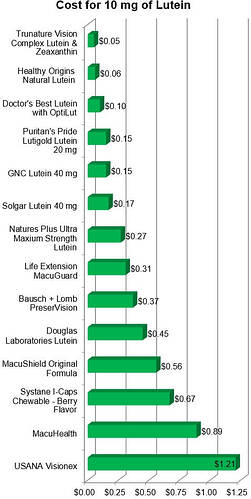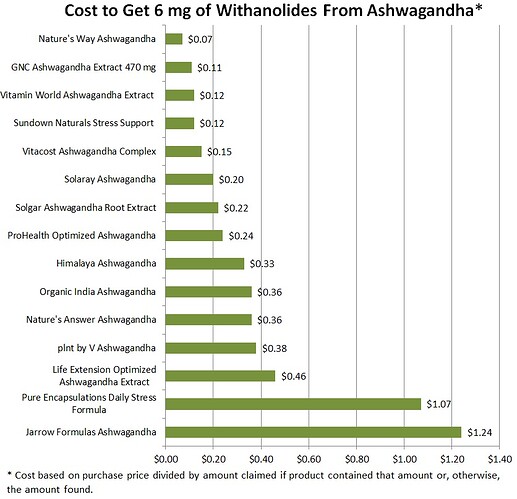As far as supplements go you should do your own research to find what is best for you. We each have individual body chemistry and needs. I will list my ant-aging routine in the order I feel is the most important.
Diet: Not everyone has the ability to exercise. So, for me diet is number one. Avoid harmful things and do time-restricted eating. I am not a purist as to diet. Mainly I follow loosely what would be the South Beach Diet. I have done keto in the past to get past a stubborn weight plateau.
Exercise: I go to the gym 5 - 7 times a week. I only do heavy resistance training on muscle groups once a week. I do 30 minutes of bike cardio each time I go to the gym. Except for the heavy resistance training frequency I have been doing this regularly for 15 plus years. I was always active before I retired when it was possible. I also do either dry sauna or steam room 4 -6 times a week.
Sleep: 6.5 to 8 hrs of good sleep so that the body and mind have a chance to repair themselves.
Longevity supplements. I am not here to argue the merits of any supplement, just what I feel is important to me.
Rapamycin: I have been taking it for 6+ months. Currently, I am " experimenting with 12mg/week with the grapefruit protocol along with piperine and olive oil. ( No adverse effects from this dose to report so far)
Metformin: 500mg morning and evening. One of the most proven life extenders. I have been taking it for years.
Atorvastatin: 40mg, once in the evening. Keeps my lipid panel in the normal range.
Melatonin: The first “life extension” supplement I tried. I have been taking it in various doses for forty years. Currently, I take 1 to 3mg sublingually 1 hour before bedtime.
Lithium: In the form of lithium orotate 390mg for 15mg elemental lithium. This has been my favorite subject supplement, especially from a mental health aspect. I have been taking this for many years.
Then all of the usual suspects: D3, C, etc, and whatever we are experimenting here with. I currently am taking Jardience 10mg, 1 hour before meals. (doing nothing for me so far. I may have to up the dose.) I am adding D-ribose and Trehalose at least for a while.
What we are trying of course is to lower our epigenetic age on various calculators.
I am 81 and doing just fine.
You mention DHEA. I have tried it on and off over the years with no noticeable subject result of increased energy etc. This is somewhat paradoxical as it steadily declines with age, yet most studies indicate that supplementation doesn’t do much. I did find one paper that claimed that the dosages people were taking are way too low. Unfortunately, I can’t find this paper again.
Today I took a big dose of l-tyrosine… It makes me go blah, blah, blah.
![]()

